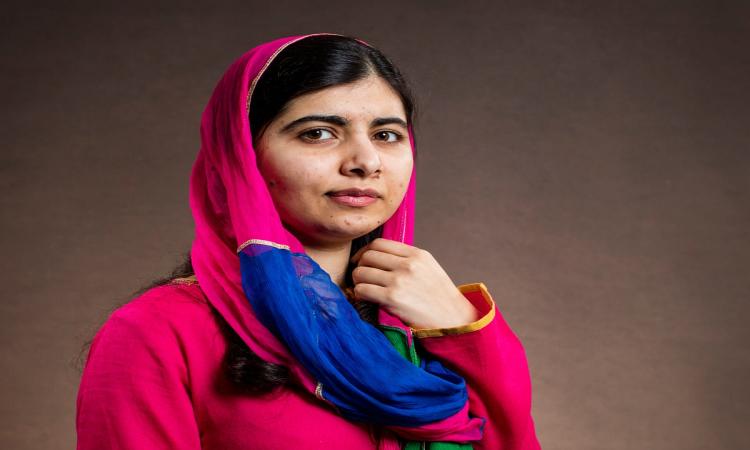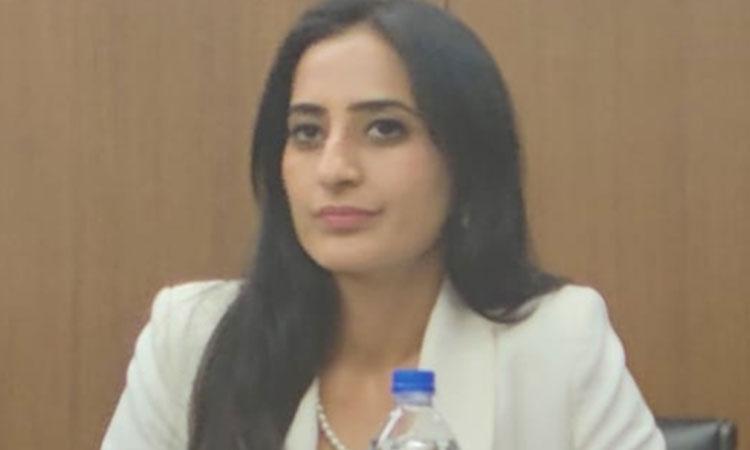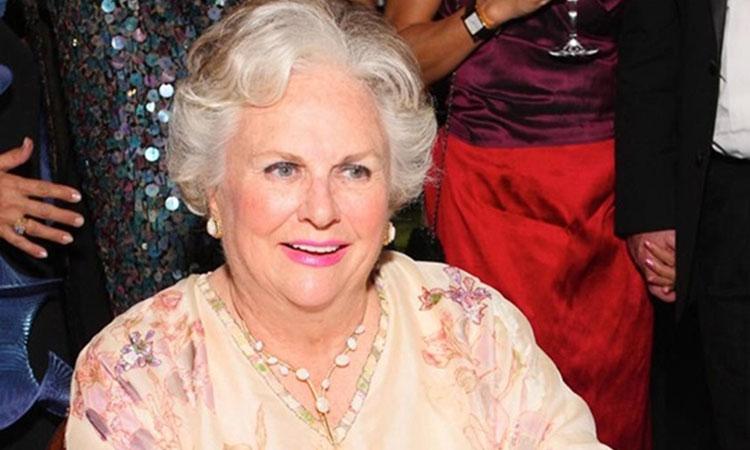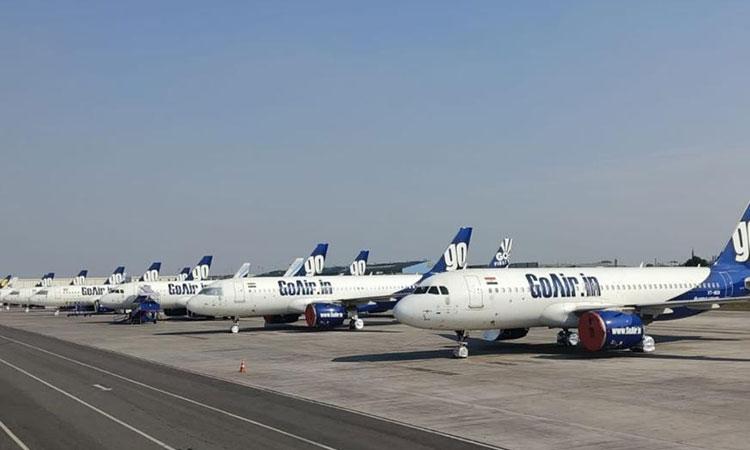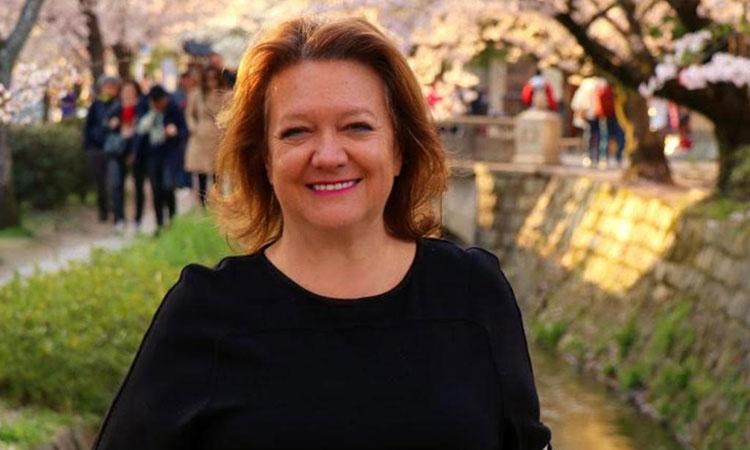The remarkable story and struggle of Malala Yousafzai was first introduced to the world in 2012 when she was shot in the head and neck by Taliban gunmen for trying to promote education for girls in Pakistan.
Malala Yousafzai, a Pakistani school student and education activist, was born in Mingora, the Swat District of Pakistan’s north-western Khyber Pakhtunkhwa province. Malala was largely educated by her father, Ziauddin Yousafzai, an educational activist himself. Under the Taliban rule, girls were not allowed to attend school, and this not only angered Malala but also ignited a passion in her to promote the right to education for women.
At the age of 11, Malala wrote a blog for the British Broadcasting Corporation (BBC), providing details of her life under the Taliban rule, the Taliban’s attempt to control the Swat Valley, and her ideas and views on promoting education for girls. A New York Times documentary based on the blog was also filmed.
After the attack, Malala remained unconscious and in a critical condition. National and international support started pouring in for Malala, as she had gained popularity throughout the world for her courage to stand up against the Taliban. Due to her critical condition, Malala was taken to the Queen Elizabeth Hospital in Birmingham, England, for treatment, where she had a speedy recovery. After this incident, the United Nations (UN) Special Envoy for Global Education, Gordon Brown, launched a UN petition in Malala’s name, under the slogan – “I am Malala” – and demanded that all children in the world be admitted to schools by 2015.
This petition led to the signing of Pakistan’s first Right to Education Bill. At the age of 15, Malala was featured on TIME magazine’s front cover and named one of the 100 most influential people in the world. She was also the winner of Pakistan’s first National Youth Peace Prize and nominated for the highest and most prestigious peace prize in the world – the Nobel Peace Prize. Today, Malala resides in England, UK, but hopes to return to Pakistan to change the future and destiny of the women there.

